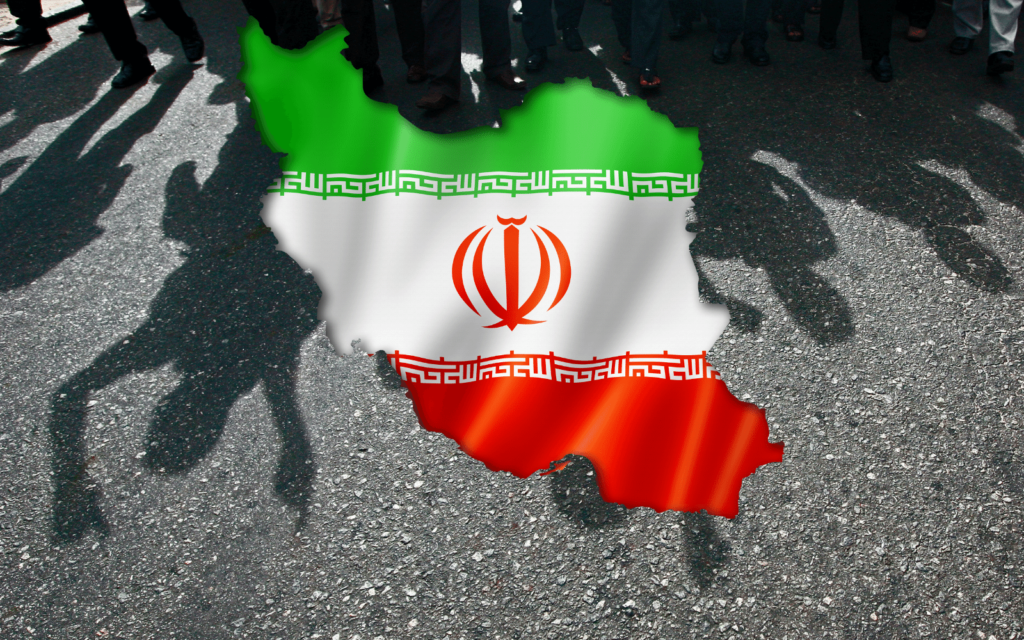In case you weren’t aware, last week an Iranian woman, Mahsa Amini, died after being assaulted by that country’s morality police. The assault was carried out shortly after Amini was arrested for allegedly contravening Iran’s hijab law. The 22-year-old woman’s death has sparked a wave of protest in Iran. Now, Iran’s government is restricting access to the internet, including WhatsApp and Instagram.
Stop them talking, that always works
⚠️ #Iran is now subject to the most severe internet restrictions since the November 2019 massacre.
▶️ Mobile networks largely shut down (MCI, Rightel, Irancell – partial)
▶️ Regional disruptions observed during protests
▶️ Instagram, WhatsApp restrictedhttps://t.co/8cCHIJA2Oi— NetBlocks (@netblocks) September 21, 2022
Netblocks, the internet service that points out widespread global outages, notes that Iran has locked down access to the internet. The protests over Mahsa Amini’s death this past weekend saw access being shut down in Tehran. This has expanded to more of the country. Mobile networks are mostly non-functional, social media access is limited, and communication, in general, is much more difficult.
The internet service points out that this is the worst government response, in terms of internet access, since Iran’s government smothered fuel protests in 2019. The resulting week-long crackdown was the worst in the Islamic Republic’s history. There’s little reason to expect that the Mahsa Amini protests aren’t heading the same way.
Governments almost never shut down internet access because they’re doing something nice for the population. Limiting the ability of citizens and protestors to organise and communicate is a typical tactic when attempting to suppress outcries against government regimes. There’s no reason to expect there’s anything different this time around.
Source: Reuters




